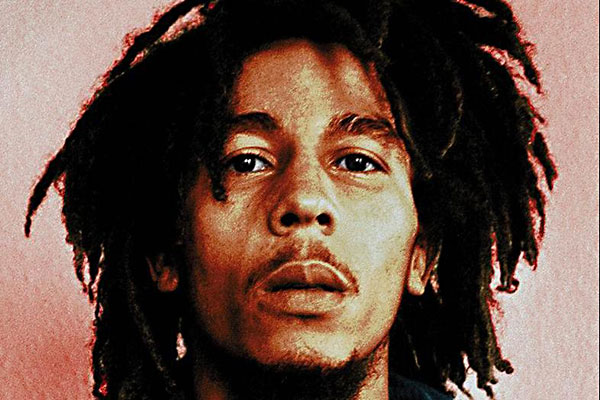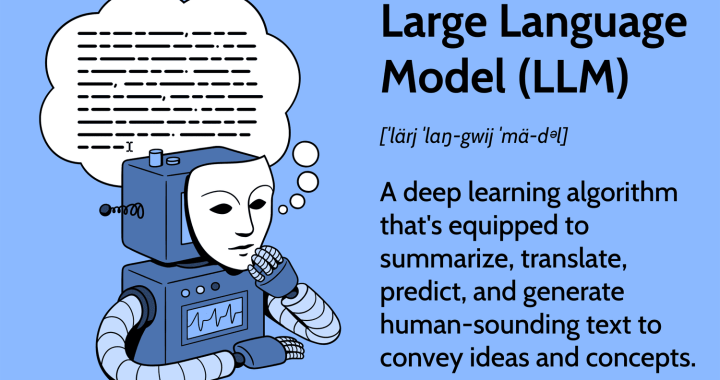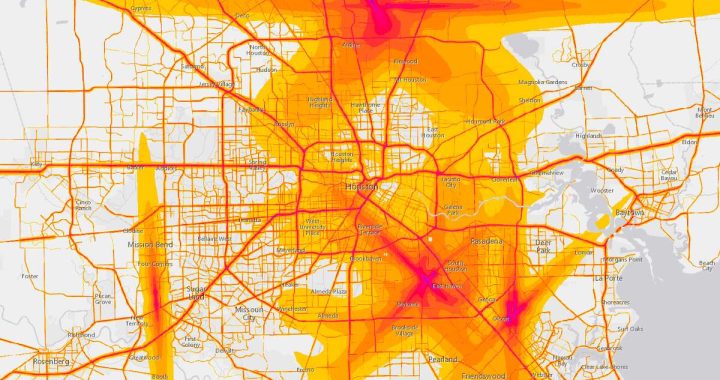∀ Bobby!
¶ Prompt from Julia Cameron’s The Right to Write.
We all have a voice. We just have to take in some air and as a breath our voice is born. Writing works the same. We all have something to say. We just have to give ourselves some time to face ourselves, and spill upon the page.
Today’s exercise is an exercise in voice, which Cameron calls the “cup.” “The term ‘cup’ comes from a gold-mining tool, the ‘cupel,’ which is used to sift the gold ore from a dross. This is the same function that writing a cup has for a writer. When we write about something we care about, something in which we have an emotional stake, our writing automatically acquires ‘voice.’ ”
Travel back in time to an episode that is emotional charged for you, and “scoop” it up. That is your “what,” your material. So far, anyone can go back in time and find a pivotal moment in their history, but darkness sets in before reaching the page. “But how?” we cry. “How can I write about it? How!”
I am reminded of a scene in La Notte where Marcello Mastroianni’s character is a writer who cannot overcome his success, so finds himself blocked. He says at one point, “I know what to say, but not how to say it.” What Cameron would reply is, you know what to say, and that is enough. The what always finds its own how. Just let it. Just do it. Here it is, one cup of what:
1. The time I saw pure joy from a man riding a unicycle
My parents had organized a trip to the coast of Belize the year of the summer Olympics in Beijing. All the photos of me from that trip show a brooding ungrateful pot-marked little kid suffering from everyone else’s idiocy and a world in moral decline (Obama hadn’t been elected yet). Basically, I was an average teenager. My brother still had his youthful abundance of energy, and annoyance. My sisters were young and carefree. My parents were in love, and had saved up to take their kids through the jungles, through the ruins, through the crystal seas of a Caribbean summer. But I had had enough. I thought I had found refuge in Marx, but the first decade of the twenty-first century had proved all his theories outdated. I thought I had found peace in National Geographic documentaries, but I soon lost interest in aliens and Romans before the aches inside of misfired hormones and frustrated urges. Music, though, was my beacon, was my deacon, was my savior in the form of a classic iPod, and dozens of gigabytes of Peter Tosh, Brasilian Bossa Nova, and 1980s Argentine pop — these were the tunes that kept me afloat. Parenthesis: (I was the last person to get off the bus from the bus route from school, that would have been an hour and a half of riding around a blistering Houston, tuning everyone out on that vehicle of drama, and slipping into repeated plays of my tome ((on these rides I would listen to the same albums over and over and imagine essays dedicated to explaining their lyrics; something I only found an outlet for later in college as a DJ)), being let alone to be my secluded self). Anyway, music, yes, that ole thing. Music carried me through adolescence — and here I was, in a paradise, asking Cruel World to kick me out and send me back… home? no… to school? no… to no where, I wasn’t going to be happy anywhere.
A man carrying a bag of warm bread and carting around a wheelbarrow of pastries approached us. My father was walking us around the backside of the town we stayed in, showing us the different buildings and architectures. My mother asked if we wanted some bread. The sisters swooped in for some treats. My brother and I asked for some baguettes. The man with the bag and wheelbarrow was more than happy and playful to exchange dollars for bread. I don’t remember looking at him much during the transaction. Shirtless, strong-chested, and a grin as warm as the bread he had handed me. Five minutes later we were back on the main drag of the city, looking for our little golf cart that took us through the mosquito swarms to and fro the city and our hut of a house up shore. A familiar tune crossed us as we stepped to the main drag. “Little darling stir it up.” It was the man with the bread. Only on a unicycle. He only sang two lines, and those repeated, but it was enough to conjure the much played and replayed song in my head. “Stir it up / Little darling stir it up.”
It’s been a long long time / since I’ve got you on my mind
Now you are here and I say it’s ok / to see what we can do baby just me and you
Stir it up / Little darling stir it up
All you’ve got to do baby is stir it up
And for the first time in my life, the absolute first time in my life, I was seeing a shirtless man singing to high, high heaven, blessed, a blessed man, so happy, so terribly happy, a-swaying his shoulders as he peddled, a-singing the song that he had for his loved one back home, or for the many loved ones back home. He didn’t need an mp3 device to sing. He didn’t need a golf cart to go home. He didn’t need complicated theories of economics or high-fi, pro-produced documentaries explaining random things to be happy. No. This man needed nothing. He had it all. Bread. A unicycle. A few bills in his pocket. And a loved one to go home to. And I understood here the power of joy to overcome. My mind went wild. I smiled, I couldn’t help but.
Almost everyone knows me as an optimistic person, as a happy person. And if I have to credit anyone it would be that happy go lucky baker on one wheel, who showed me you can sing “Stir it up” no matter what. And I’ve been singing ever since.




